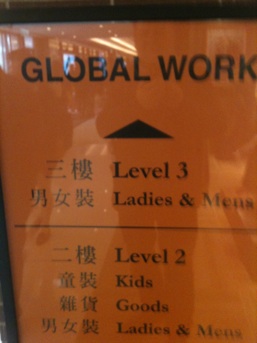Project – D. Lønsmann
Language ideologies and social categorization in multilingual workplaces in Denmark






One of the central hypotheses of the LINGCORP project is that the dominant monolingual language ideology is put under pressure by the social reality of an increasingly globalized world, including the emergence and existence of multilingual workplaces. Many Danes base their worldview on a clear connection between language (Danish), nation (Denmark) and nationality (Danish), but this view is challenged, e.g. when a Danish company decides to introduce English as a corporate language or starts to hire people with highly diverse linguistic backgrounds. When the belief in a clear connection between language, nation and nationality is challenged, language ideologies are likely to play an important role in helping people establish heuristic social categories which may be useful when navigating in a complex and changing world (Lønsmann 2011). This sub-project investigates language ideologies, with a focus on how language ideologies contribute to social categorization, including social integration and social exclusion in the multilingual workplace.
Theoretically, the investigation of language ideologies is situated within sociolinguistics and linguistic anthropology (Blommaert 1999, Irvine and Gal 2000, Jaffe 1999, Schieffelin et al. 1998, Woolard 1998). Within linguistic anthropology, language ideologies are defined as “beliefs, or feelings, about languages as used in their social world” (Kroskrity 2004:498) and “the structured and consequential ways in which we think about language” (Seargeant 2009: 26). Language ideologies are invariably bound to specific social contexts and power structures and essentially based on individual experience (Kroskrity 2004), and multiple language ideologies are therefore likely to co-exist. Language ideologies also play an active role in constructing representations of the social world (Gal 1998).
Dorte Lønsmann
Assistant Professor, CBS
Research Questions
The goal is to investigate how language ideologies contribute to the construction of groups and categories (such as Danes and foreigners, Danish speakers and non-Danish speakers), and how language ideologies affect the social evaluation of these groups. Furthermore, recent research (Lønsmann 2011) suggests a link between willingness to learn the national language and willingness to integrate, both in and outside the workplace. The subproject wants to investigate this link between language ideologies and social integration and, by extension, social exclusion.
The subproject views language ideologies as multiple and potentially conflicting and therefore seeks to investigate the full range of language ideologies, not just the dominant ones. In relation to this aspect, it is interesting to further investigate the relationship between language ideologies and the social context. The assumption that different language ideologies are grounded in different social experiences has not been investigated empirically (see however De Bres forthcoming). The literature agrees that the social context plays a role in relation to the construction of language ideologies, but further investigation of this area is still needed, e.g. an investigation of how different levels of context influence ideologies.
These aims lead to the following two research questions:
-
•What role do language ideologies play in relation to social categorization and social integration in multilingual workplaces?
-
•How are different background assumptions about language and language use related to specific social contexts?



